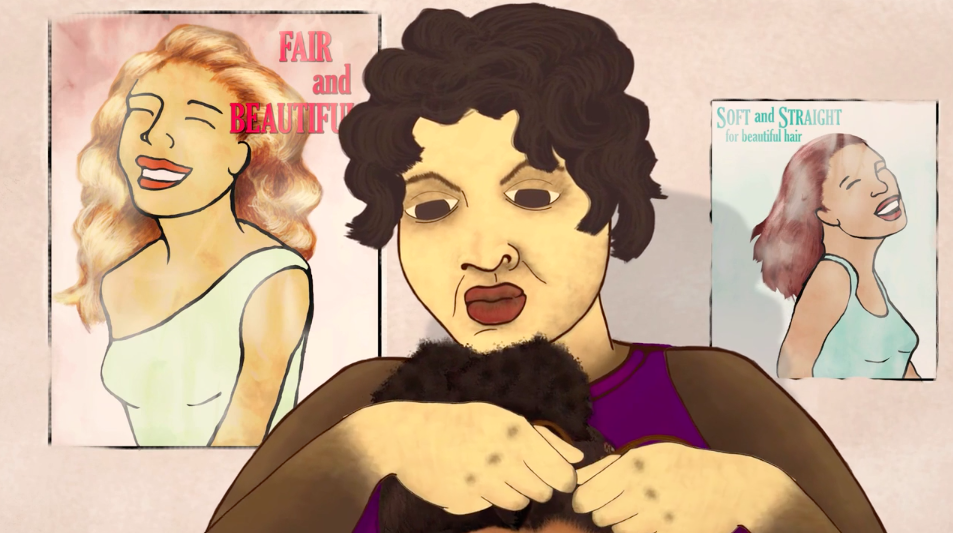
Through creating our own media channels we can filter out anti-blackness
Zakiya Mckenzie
21 Nov 2015
I’ve always felt that mass media doesn’t represent me. I rarely saw children that looked like me on TV and I could see the lengths it took to find children’s books with black characters at bookshops. This was in Jamaica in the nineties, a country populated by predominantly black people, but fellow gal-dem writer Niellah Arboine wrote about a similar issue in Where are all the non-white kids in British Literature?
The problem for me goes further than just underrepresentation. It is that pop culture often portrays anti-blackness, sometimes passively and sometimes right in your face. This is hurtful if you are indeed, black. It can be crippling to young people trying to figure out their place in the world and for me, it was quite easy to feel relegated to the sidelines. As a teenager, I started asking myself “am I visible, important, worthy, special?” and other questions about who I was. A lot of it came from what I saw on TV as the standard to reach for and a lot of it was the starting point for topics of conversations at our all-girl school.
I’m not here to criticise mass media though, because I believe we have responsibilities in viewing all that is out there and educating those around us too.
My solution is awareness of self in the first instance. Plainly, thinking about what is helping you versus what is harming you. We have a part to play as consumers and creators of videos, memes, stories, art and fashion. You don’t have to sit back and allow any inflexible identity to define you. You are not just the sidekick, the best friend, the token, or the supporting character. You don’t have to tell anybody this or try to prove it either because you embody it. With more of us connected through the web, we can curate our own news and stop supporting the mediums and messages that are messing with our minds. This video by Ng’endo Mukii made me remember that.
In Yellow Fever, Filmmaker Ng’endo Mukii is interested in the concept of skin and race, and what they imply; in the ideas and theories sown into our flesh that change with the arc of time. The idea of beauty has become globalised, creating homogenous aspirations, and distorting people’s self-image across the planet. In her film, she focuses on African women’s self-image, through memories and interviews; using mixed media to describe this almost schizophrenic self-visualization that I and many others have grown up with.








